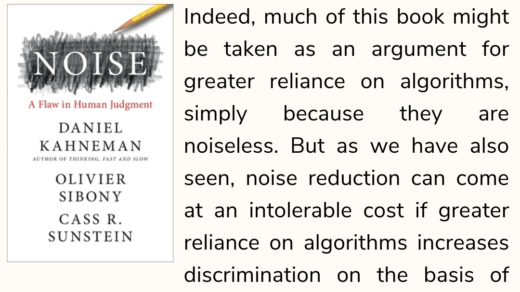Greg had been aware of Elizabeth’s fascination with Jobs. She referred to him as “Steve” as if they were close friends. At one point, she’d told him that a documentary espousing a 9/11 conspiracy theory wouldn’t have been available on iTunes if “Steve” hadn’t believed there was something to it. Greg thought that was silly. He was pretty sure Jobs hadn’t personally screened all the movies for rent or sale on iTunes. Elizabeth seemed to have this exaggerated image of him as an all-seeing and all-knowing being. A month or two after Jobs’s death, some of Greg’s colleagues in the engineering department began to notice that Elizabeth was borrowing behaviors and management techniques described in Walter Isaacson’s biography of the late Apple founder. They were all reading the book too and could pinpoint which chapter she was on based on which period of Jobs’s career she was impersonating. Elizabeth even gave the miniLab a Jobs-inspired code name: the 4S. It was a reference to the iPhone 4S, which Apple had coincidentally unveiled the day before Jobs passed away
An interesting anecdote from Bad Blood, the book covering the story of Theranos. With the recent wave of high profile startups that have gone bust such as WeWork, reading this book really gives an interesting insight into the perspective and mentality of working with/under such founders.
I’ve always felt that most startup “founders” always had to be mini egomaniacs. After all, how big is someone’s ego that they felt that that could possibly deliver a better/new product or company and go against decades of experiences and billions of resources in big multinational companies. When channeled right, such a person can be inspiring and really attract talent and drive the team to the next level.
Bad Blood was a story of a founder who believed too much in their own “bullshit” and channeled that immense self-confidence in the wrong way. In many ways, I’ve also felt that overt projection of authority and confidence from such personalities could also be an over-correction to their own insecurities.



